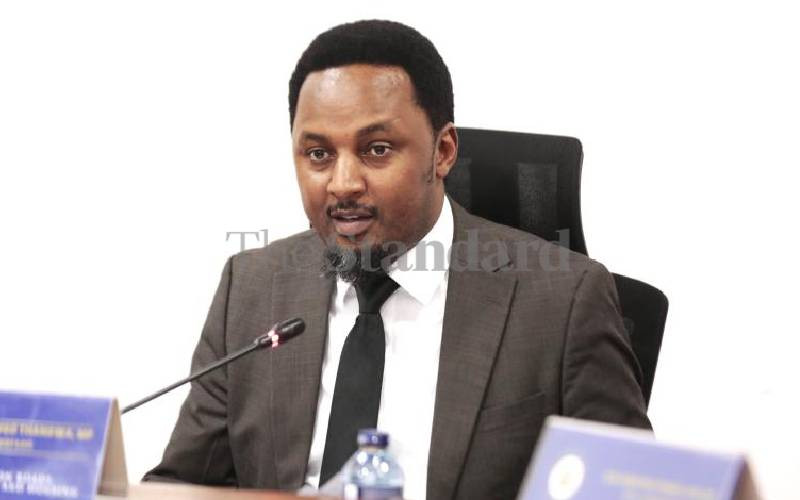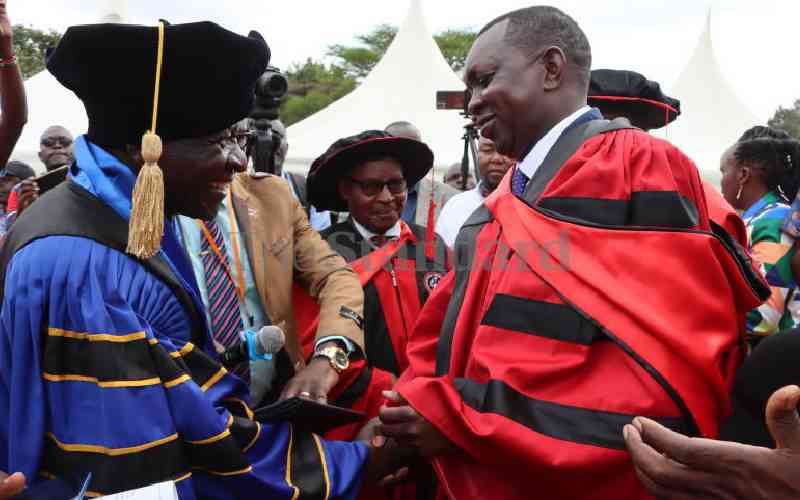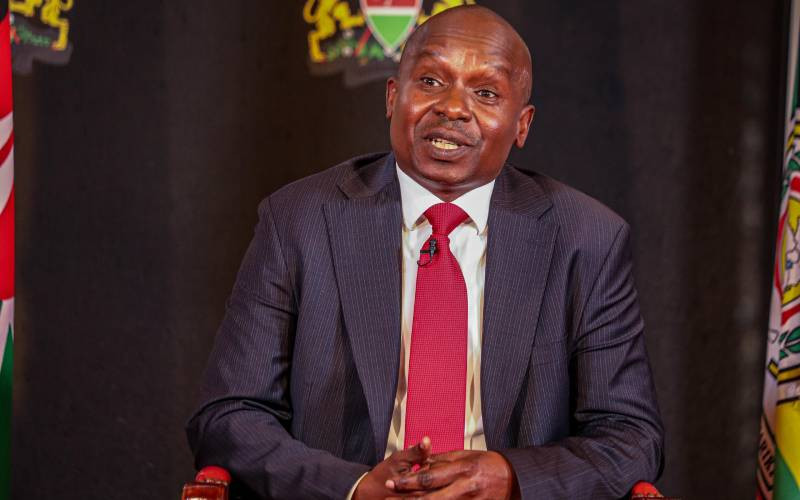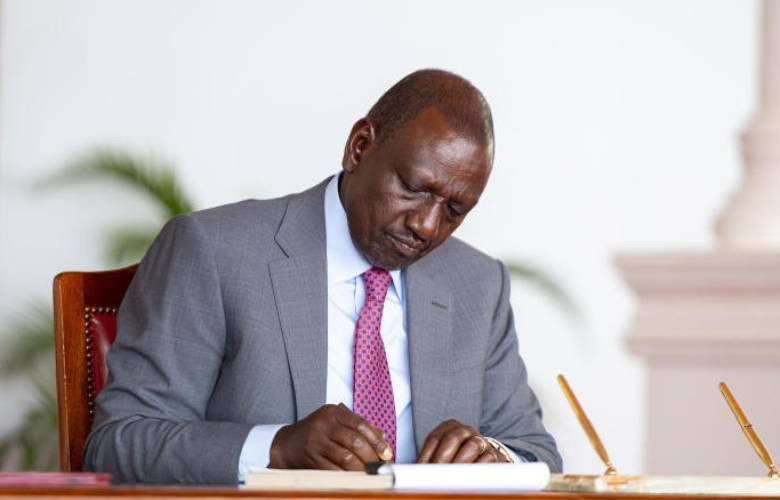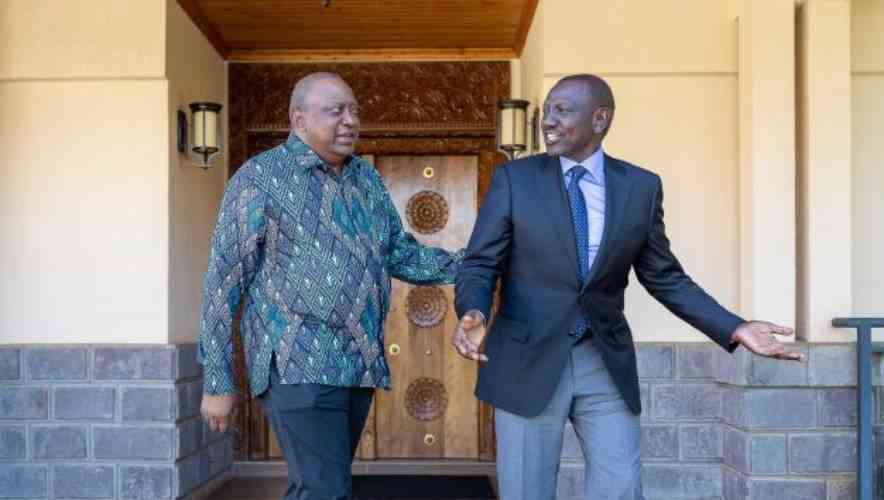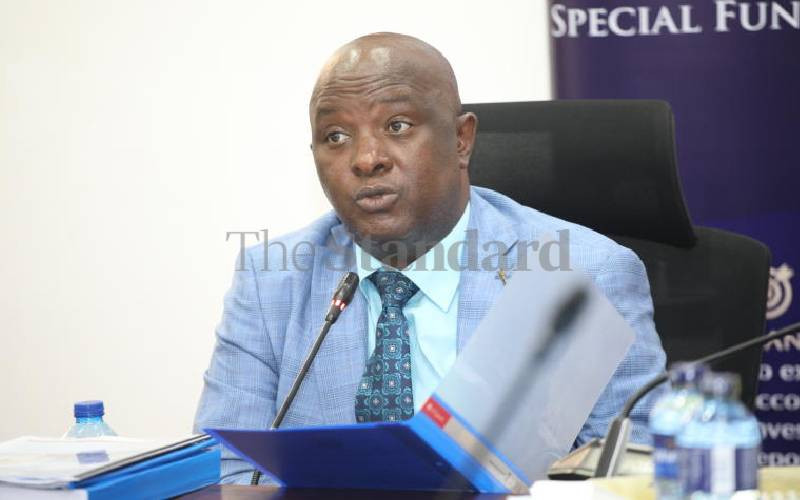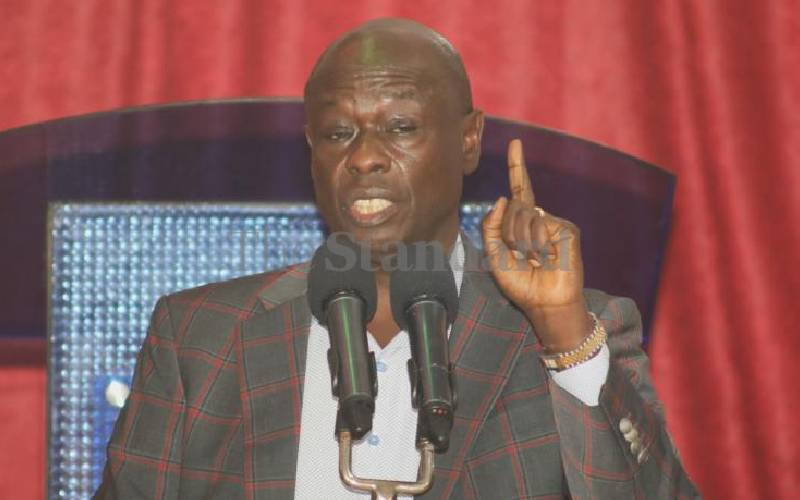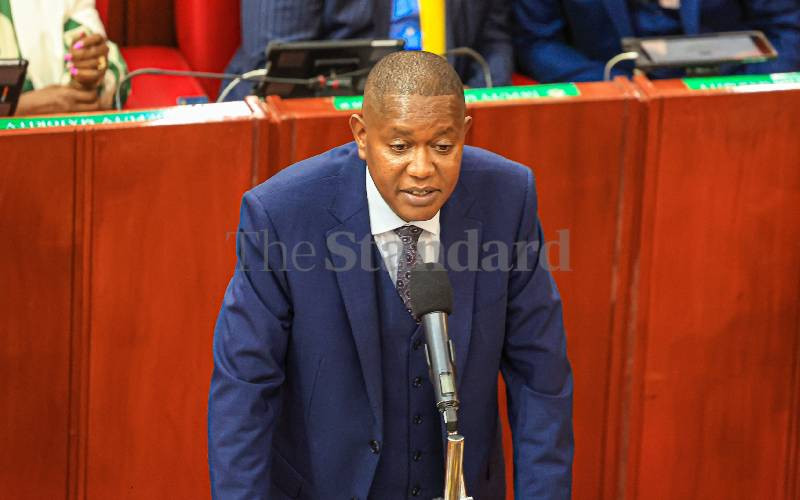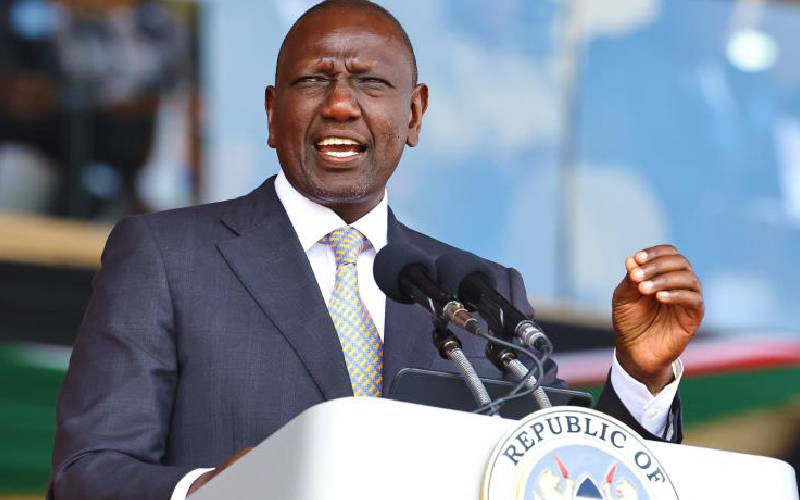
President William Ruto has failed to actualise almost fifty per cent of the promises he committed to achieving in his first hundred days.
Ruto had promised to lower the cost of living, implement the hustler fund, have 50 per cent of Cabinet positions held by women and appoint judges rejected by former President Uhuru Kenyatta.
He also promised to implement the two-thirds gender rule, define the responsibilities of the Deputy President and Prime Cabinet Secretary, take action on corruption cases he claimed were politically instigated, fund counties in time and return port operations to Mombasa.
Of the promises, only two directly touched on the people's welfare nationally and only one- the hustler fund- has been implemented.
Out of the nine promises, President Ruto has fulfilled 56 per cent of them missing out on the critical issue of reducing the cost of living which keep rising.
During his inauguration, the president scrapped the fuel subsidy that had cushioned Kenyans from the rising cost of living arguing that the country cannot sustain consumption subsidies in the coming months.
Ken Gichinga, the chief economist at the firm Mentoria Economics, criticises the government's decision to scrap the fuel subsidy which he said has played a major part in raising the cost of living and inflation.
- Ruto remains mute as healthcare crisis worsens
- Government calls on KMPDU to end strike
- Ruto going against KK manifesto, unions say
- Go back to work, Ruto tells striking doctors
Keep Reading
"Removing the subsidy on fuel was not a very sound decision because that's what has driven up inflation. When the cost of fuel goes up, everything goes up... that would have remained in place so that there is a bit of money circulating in the economy," argued Gichinga.
However, the president has taken a different strategy of subsidising production where the government has allocated Sh3.55 billion to subsidise fertiliser for growing food crops during the short rains season.
During the Jamuhuri Day celebrations on Monday, President Ruto said that the government will continue with the subsidy programme that has farmers buy a bag of fertiliser at Sh3,500 a bag. "A consignment of two million bags has already landed at the port of Mombasa, and the remaining 4 million will arrive in the first week of January in time for the long rains," he said.
Fruits of the efforts in the agricultural sector are yet to be seen by many Kenyans who expected a drop in the price of maize flour once the new government took office.
Also, he president took a u-turn in having a gender-balanced Cabinet, breaking the promise he made in the Women's Charter signed in June 2022. Ruto has only seven women among the 22 Cabinet secretaries.
Nevertheless, Ruto sent proposals to the National Assembly to amend the Constitution and even proposed a formula that will guide the computation of the gender ratio in Parliament.
Counties are still starved of funds for October, November and December yet he promised that counties will get funds without delay.
The president has been true to his promise of halting the investigation of cases he claimed were politically instigated. In the last two months, the Directorate of Public Prosecutions (DPP) has withdrawn cases against Deputy President Rigathi Gachagua, Public Service and Agriculture Cabinet secretaries Aisha Jumwa and Mithika Linturi, respectively
Despite the president's push for austerity measures by directing the Treasury to raise Sh300 billion from various ministries, little has been done to put in place a system to stem graft and budgeted corruption.
Governance expert Tom Mboya argues that dealing with corruption may open a gateway to economic recovery at a time Kenya is grappling with high inflation.
"We are losing more than Sh800 billion a year to corruption and official wastage. That is not sustainable. Aggressively dealing with that can register small but quick wins which can begin having the impetus to turn around the economy in a favourable direction," said Mboya.
 The Standard Group Plc is a multi-media organization with investments in media platforms spanning newspaper print
operations, television, radio broadcasting, digital and online services. The Standard Group is recognized as a
leading multi-media house in Kenya with a key influence in matters of national and international interest.
The Standard Group Plc is a multi-media organization with investments in media platforms spanning newspaper print
operations, television, radio broadcasting, digital and online services. The Standard Group is recognized as a
leading multi-media house in Kenya with a key influence in matters of national and international interest.

